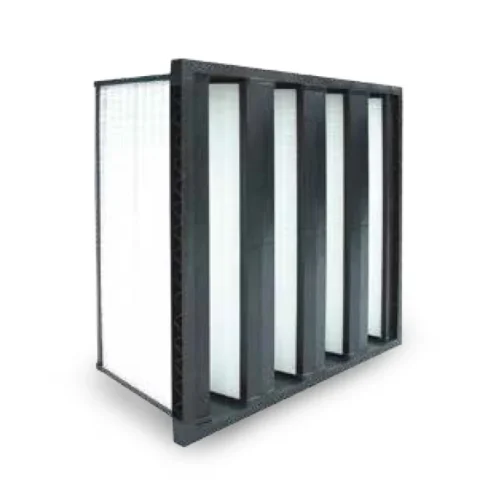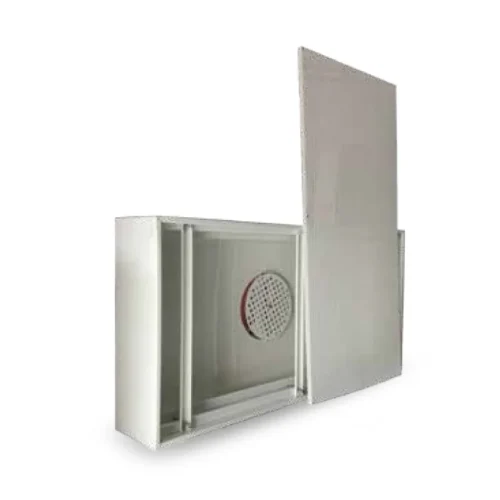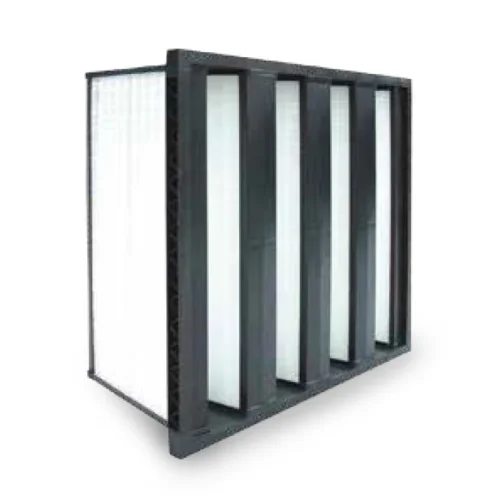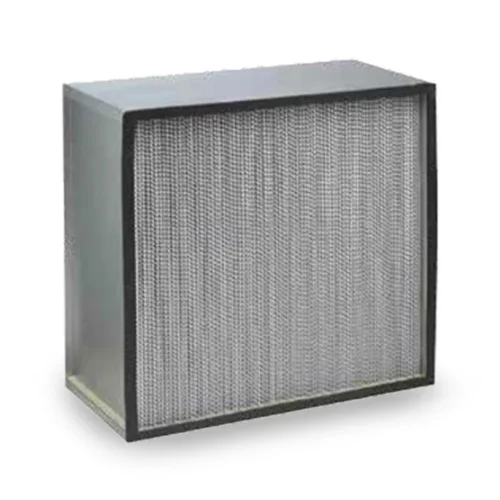- No products in the list
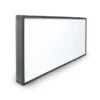
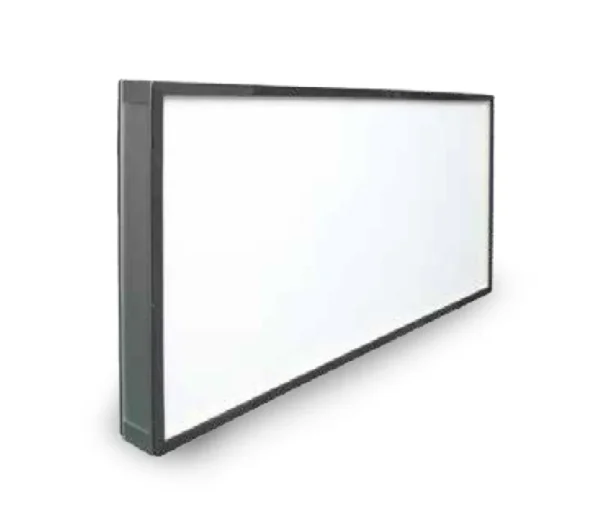
MiniPleat Filter
- Filter uses a mini pleat glass fibre media with efficiencies from H13 to U15.
- The extended media surface combined with precisely controlled bead separator pleating creates low resistance to air flow and save energy consumption.
- Filter uses a mini pleat glass fibre media with efficiencies from H13 to U15.
- The extended media surface combined with precisely controlled bead separator pleating creates low resistance to air flow and save energy consumption.
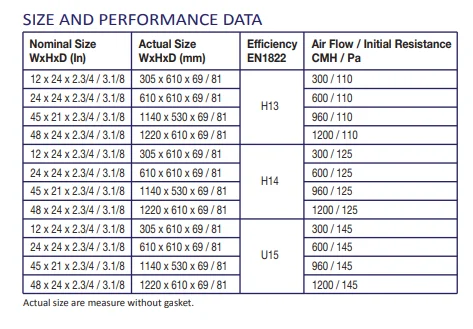
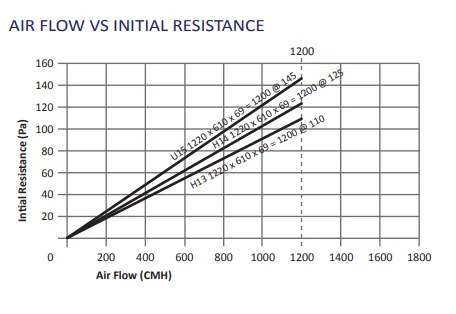
What are HEPA and ULPA filters, and what is the difference between them?
HEPA (High-Efficiency Particulate Air) filters and ULPA (Ultra-Low Penetration Air) filters are both high-efficiency filtration materials. HEPA filters can remove 99.97% of particles that are 0.3 microns in size, while ULPA filters can remove 99.999% of particles as small as 0.12 microns. ULPA filters offer a higher filtration efficiency than HEPA filters and are suitable for environments requiring even greater cleanliness.
What industries use HEPA/ULPA filters?
These filters are widely used in industries such as healthcare, pharmaceuticals, biotechnology, and electronics manufacturing, especially in environments that require extremely high levels of cleanliness, such as operating rooms, cleanrooms, and semiconductor manufacturing facilities.
How do I choose the right HEPA or ULPA filter for my needs?
Choosing the right filter depends on the required filtration efficiency, filter size, and the specific application. HEPA filters are suitable for general clean environments, while ULPA filters are used in places that demand higher cleanliness standards. It’s recommended to consult with a professional to select the most appropriate filter for your specific needs.
How often should HEPA/ULPA filters be replaced?
The replacement frequency of filters depends on the usage environment and the types of particles being filtered. In highly contaminated environments, filters may need to be replaced every six months to a year. Regular inspection and replacement based on the manufacturer’s recommendations are essential to maintain optimal filtration performance.
Can HEPA/ULPA filters remove all types of contaminants?
While HEPA and ULPA filters are highly effective at removing most particles like dust, bacteria, and pollen, they cannot filter gases or vapors. If gas pollutants need to be filtered, it is recommended to use additional filters, such as activated carbon filters.

